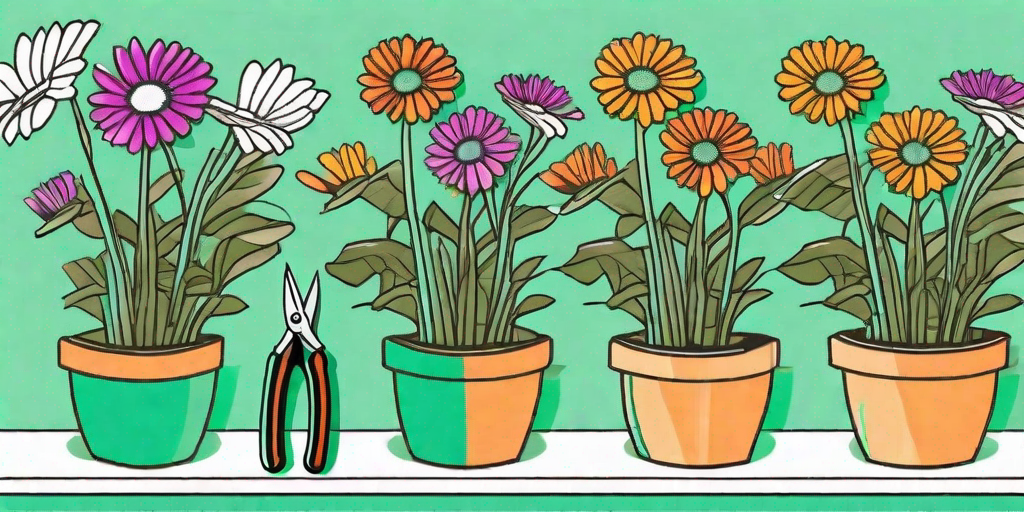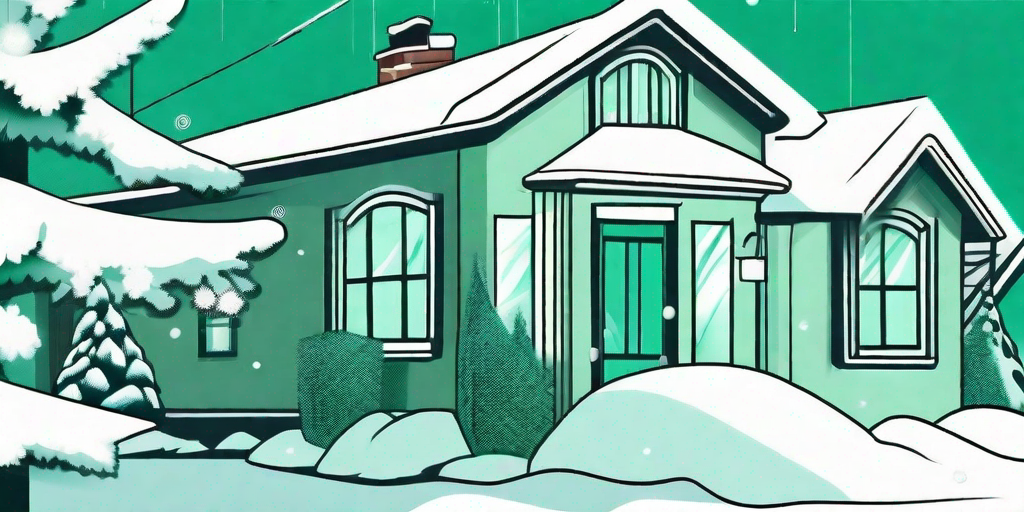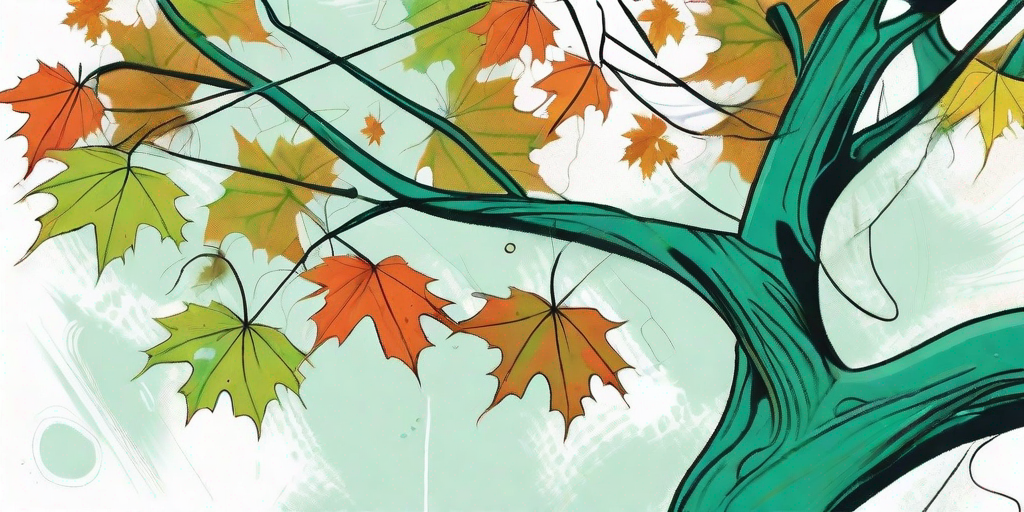
Winter is coming. And no, we're not talking about a new season of Game of Thrones. We're talking about the real deal, with icy winds, freezing temperatures, and the occasional snowstorm. But fear not, dear reader, for we have a secret weapon to help you face the winter months with a smile on your face and a spring in your step. It's called Boston Ivy, and it's about to become your new best friend.
Understanding Boston Ivy
Before we dive into the nitty-gritty of how to keep your Boston Ivy thriving throughout the winter, let's take a moment to get to know this plant a little better. Boston Ivy, or Parthenocissus tricuspidata if you want to get technical, is a type of climbing vine that's native to eastern Asia. It's known for its beautiful, glossy leaves that turn a vibrant red in the fall. But don't let its delicate appearance fool you. This plant is a hardy little fellow that can withstand the harshest of winters.
One of the reasons why Boston Ivy is so popular among homeowners is because it's a great way to add a touch of green to your home, even in the dead of winter. Plus, it's a low-maintenance plant that doesn't require a lot of care or attention. So, if you're the type of person who can't even keep a cactus alive, Boston Ivy might just be the plant for you.
The Benefits of Boston Ivy
Boston Ivy isn't just a pretty face. It also comes with a host of benefits that can help improve your home and your quality of life. For starters, it's a great insulator. It can help keep your home warm in the winter and cool in the summer, which can save you a pretty penny on your energy bills.
Additionally, Boston Ivy can help improve the air quality in your home. It's known to absorb pollutants and release fresh oxygen, which can help you breathe easier. Plus, it can help reduce noise pollution by absorbing sound waves. So, if you live in a noisy neighborhood, Boston Ivy can help create a peaceful and serene environment.
How to Care for Boston Ivy in Winter
Now that we've covered the basics, let's get down to business. How do you keep your Boston Ivy alive and well during the winter months? Well, it's not as difficult as you might think. In fact, with a few simple steps, you can ensure that your Boston Ivy thrives all year round.
First things first, Boston Ivy is a deciduous plant, which means it loses its leaves in the winter. But don't panic. This is completely normal and is actually a sign that your plant is healthy. The leaves will grow back in the spring, so there's no need to worry.
Watering
During the winter months, Boston Ivy doesn't require a lot of water. In fact, overwatering can actually harm the plant. So, it's best to reduce your watering schedule and only water the plant when the soil is dry to the touch.
However, it's important to note that Boston Ivy does need a bit of humidity to thrive. So, if you live in a particularly dry area, you might want to consider using a humidifier or misting the plant with water every now and then.
Lighting
Boston Ivy loves the sun. So, it's best to place it in a location where it can get plenty of natural light. However, during the winter months, the amount of sunlight can be limited. In this case, you might want to consider using artificial lights to supplement the lack of natural light.
But remember, while Boston Ivy loves the sun, it doesn't like to be scorched. So, avoid placing it near heaters or radiators, as this can dry out the plant and cause the leaves to wilt.
FAQs
Is Boston Ivy invasive?
While Boston Ivy is a climbing vine, it's not considered invasive. It won't take over your garden or damage your walls. However, it can grow quite rapidly, so it's best to keep an eye on it and trim it back if it starts to get out of hand.
Can Boston Ivy grow indoors?
Absolutely! Boston Ivy is a versatile plant that can grow both indoors and outdoors. However, if you're growing it indoors, make sure it gets plenty of light and isn't exposed to extreme temperatures.
Does Boston Ivy attract pests?
Like any plant, Boston Ivy can attract certain pests, such as aphids and mites. However, with proper care and maintenance, you can keep these pests at bay.
Conclusion
So there you have it, folks. Your ultimate guide to surviving winter with Boston Ivy. With a bit of care and attention, you can keep your home green and gorgeous all year round. So, why not give it a try? After all, winter is coming, and Boston Ivy is ready to help you face it head-on.















